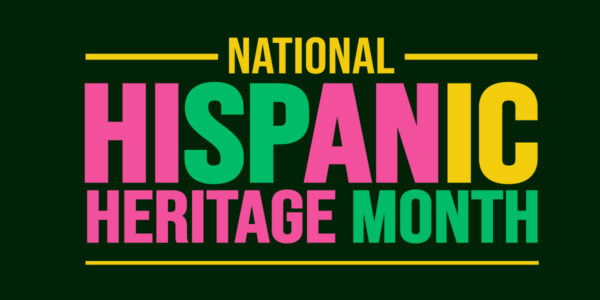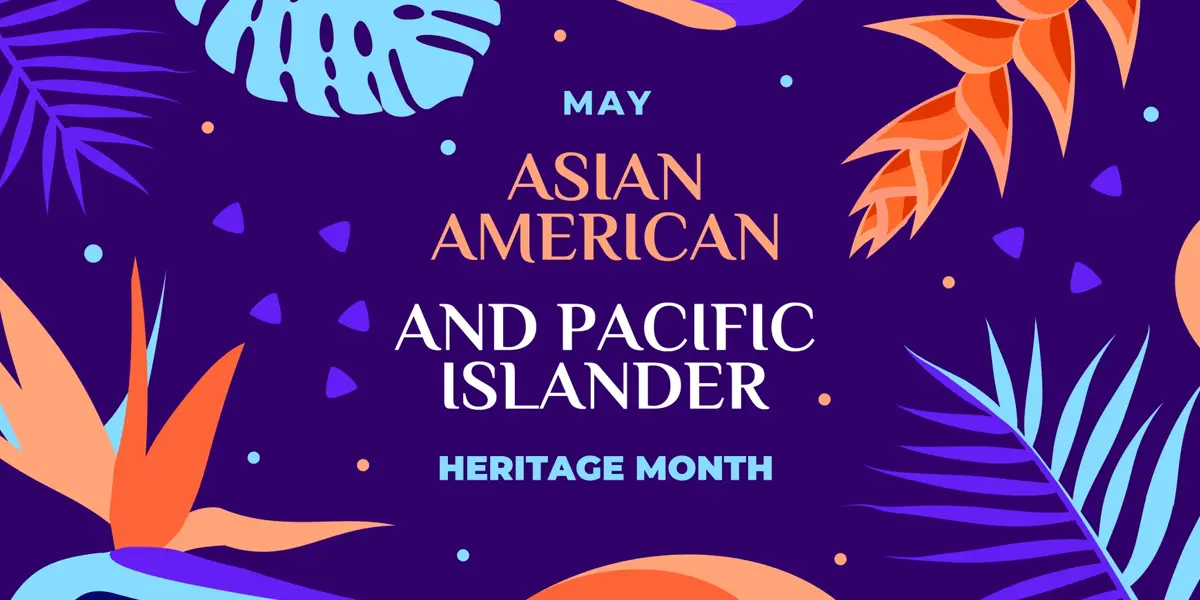By Bryan Solorzano
As far back as the United States can remember, members of our Black communities have faced many hardships, including slavery, segregation, racism, and more. Despite these hardships, there were and are many advancements and achievements that have been curated by the Black and African American community. However, many of these accomplishments have been downplayed or overwritten by historians (1). These discrepancies did not go unnoticed, and in fact, it empowered leaders to make a change that would increase the visibility of their achievements. One such leader was Carter G. Woodson. Woodson was born to parents who were former slaves, and as far as education goes, he was largely self-taught. Eventually, Woodson would obtain a Ph.D. and be recognized as the second Black American to do so from Harvard University, after W.E.B. Du Bois. (1). It was Woodson who realized that Black scholars would benefit from their own institutions to govern the history books. In 1915 and 1916, Woodson founded the Association for the Study of Negro Life and History and the Journal of Negro History, respectively (1). This lead to the first Negro History Week in 1926 (1). Woodson, along with the other members of the Association for the Study of Negro Life and History, declared Negro History Week to be the second week in February, to commemorate the birthdays of former president Abraham Lincoln, and abolitionist Frederick Douglass (1).
Woodson’s ambitions did not stop there. His main effort was to transform Negro History from one week to a year-long event (2). As he vouched for this movement, the teachings of Negro History Week were being recognized around the nation. Carter’s passing in 1950 did not slow the gaining momentum, as the 1960’s saw much change. The intellectual nature of Negro History Week spoke to the Black youth on college campuses, and in the 1960s the idea of changing Negro History to Black History became increasingly popular (2). At long last, in 1976, Negro History Week saw the extension from one week to a month and redefined itself as Black History (2). This change in terminology is viewed as a positive exercise in self-definition, as well as a change in the political climate (3). This change in terminology did not alter the main goal, to enhance focus on the people, leaders, scholars, and artists of the African American and Black communities, throughout history and in contemporary times (4). As previously mentioned, W.E.B. Du Bois was the first Black American to graduate with a Ph.D. from Harvard University, likewise, he was accredited for highlighting the negative health and social consequences of racism and discrimination toward African Americans (5). Mae Jemison, who was the first female African American astronaut to travel into space in 1992, was also a medical officer in the Peace Corp. Jemison was the founder of the Jemison Group, Inc. which developed a telecommunications system used to improve healthcare in developing countries (5). The monumental achievements of these historical figures have made a global impact. Today, the United States is not the only country to celebrate and honor Black History Month. Countries around the world, including Canada, Germany, and the United Kingdom, have all established their own national Black History Month (4).
In the year 2024, we continue to honor and celebrate Black History Month, and the mammoth efforts of those who made a difference in the African American and Black communities. However, we must also acknowledge the sacrifices that Black people have made across history and today. We must continue to reflect on and work to address the enduring inequities that Black people in America still face. For more information and resources to help lift up Black voices, please see the links below.
- Black History Month
- National Museum of African American History and Culture: Black History Month Digital Toolkit
- NAACP: Civil Rights Leaders
- PBS Kids: Celebrating Black Leaders
- Carter G. Woodson. NAACP. February 17, 2023. Accessed January 23, 2024. https://naacp.org/find-resources/history-explained/civil-rights-leaders/carter-g-woodson.
- Feb. 7, 1926: Carter G. Woodson launched negro history week. Zinn Education Project. February 8, 2023. Accessed January 23, 2024. https://www.zinnedproject.org/news/tdih/carter-woodson-black-history-month/#:~:text=In%201976%2C%20fifty%20years%20after,endorsing%20the%20ASALH’s%20annual%20theme.
- Crowder, R. L. Historical significance of Black History Month. Jan-June 2022. Accessed January 23, 2024. https://link.gale.com/apps/doc/A96201405/AONE?u=unlv_main&sid=bookmark-AONE&xid=bfc2afba
- Boatner K. Black history month. History. February 1, 2023. Accessed January 23, 2024. https://kids.nationalgeographic.com/history/article/black-history-month.
- 16 African American Public Health Heroes You Need To Know. 16 African American Public Health Heroes You Need To Know | NYU School of Global Public Health. February 27, 2020. Accessed January 25, 2024. https://publichealth.nyu.edu/events-news/news/2020/02/27/16-african-american-public-health-heroes-you-need-know.











